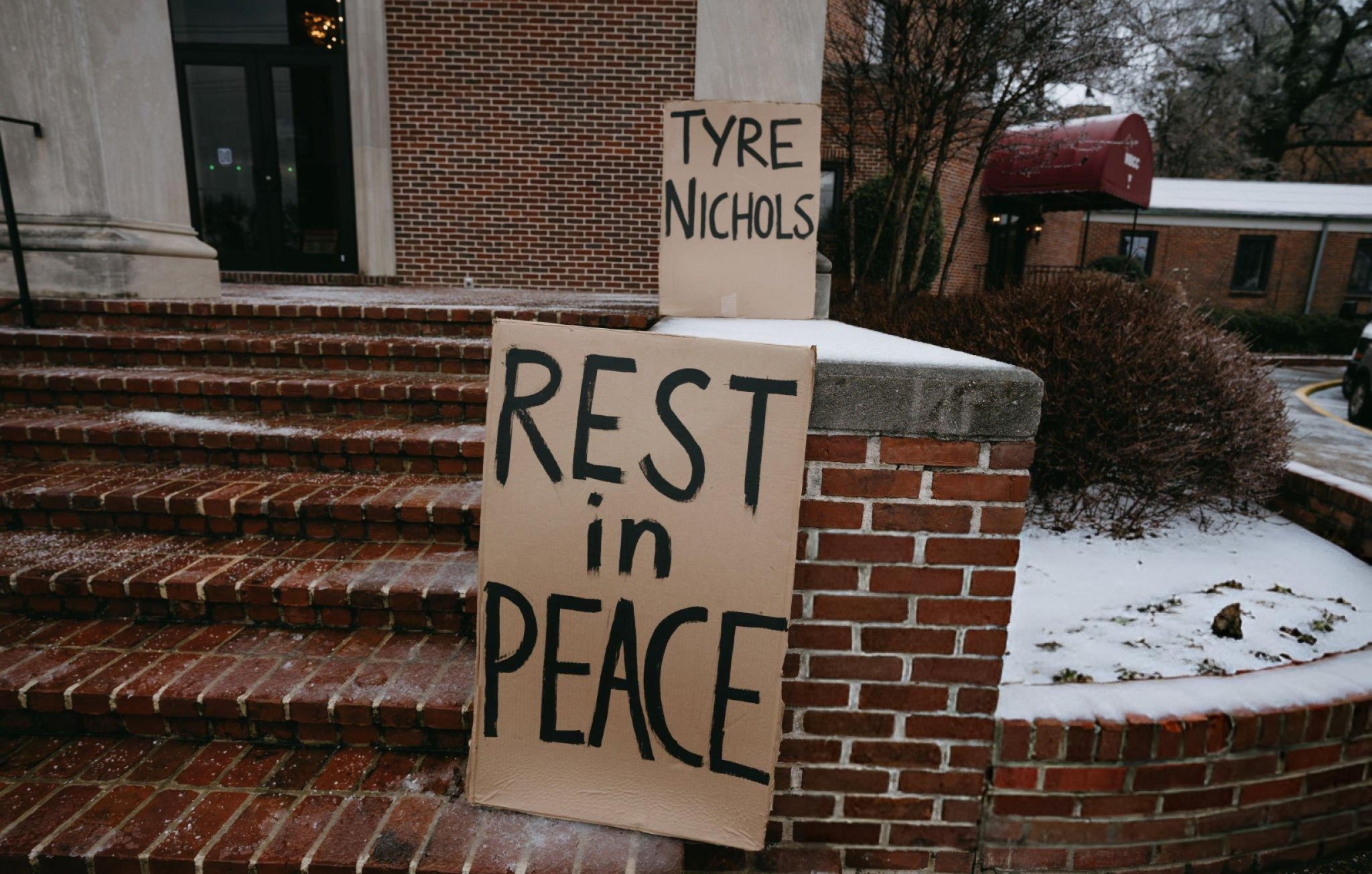Acquittals in Tyre Nichols case spark renewed demands for police reform in the US
Civil rights leaders in the United States have reacted with anger and dismay following the acquittal of three former memphis police officers involved in the fatal beating of Tyre Nichols, a 29-year-old Black man whose death once again brought systemic police brutality into sharp focus. The verdict, delivered on wednesday, has reignited calls for long-stalled police reform, particularly at the federal level.
“Tyre and his family deserve true justice — not only in the courtroom, but in congress,” said Derrick Johnson, President of the NAACP. “Traffic stops should never be a death sentence, and a badge should never — ever — be a shield to accountability.”
Nichols died on 10 january 2023, three days after he was stopped for an alleged traffic violation. Shocking footage showed the young man being pulled from his vehicle, fleeing, and then being brutally assaulted by five officers. An autopsy later confirmed he had died from severe head trauma.
The three officers on trial were cleared of all state charges, including second-degree murder. The family has filed a civil lawsuit against the city of memphis, the police chief, and all five officers, seeking $550 million in damages. A trial is set to take place next year.
Civil rights leaders have expressed concern that, despite widespread outcry after Nichols’ death, systemic change has remained elusive. His killing, seen as a pivotal moment in the post-George Floyd era, had initially sparked national protests and a fresh wave of calls to overhaul American policing.
The Rev. Al Sharpton, who spoke with Nichols’ family following the verdict, described them as “outraged but resolute.” He added, “Justice can still be delivered,” pointing to the upcoming sentencing of the officers in a separate federal civil rights case. “Tyre’s death was preventable, inexcusable, and tragic.”
Attorney Benjamin Crump, who represents the Nichols family, stated: “Let this be a rally and cry: we must confront the broken systems that empowered this injustice and demand the change our nation — and Tyre’s legacy — deserves.”
Following the 2020 murder of George Floyd, a raft of state-level reforms were introduced across the US, including increased civilian oversight and stricter use-of-force protocols. However, the George Floyd Justice in Policing Act, which proposes sweeping federal reforms, remains mired in congressional gridlock, with bipartisan support proving elusive.
A federal investigation into the memphis police department, prompted by Nichols’ death, revealed a troubling pattern of civil rights violations — including the use of excessive force and unlawful traffic stops that disproportionately targeted Black residents.
Despite this, republican Governor Bill Lee last year repealed local ordinances introduced in the wake of Nichols’ killing. One such ordinance had prohibited traffic stops for minor vehicle infractions, such as broken tail lights — measures civil rights advocates had championed.
Shelby County District Attorney Steven Mulroy, speaking after the verdict, said his office remained committed to accountability: “If we’re going to have any silver lining from this dark cloud… it has to be that we need to reaffirm our commitment to police reform.”
Others, however, fear that wednesday’s outcome sends a dispiriting message.
Thaddeus Johnson, a former Memphis police commander and now a senior fellow at the Council on Criminal Justice, said, “People feel like police cannot be held accountable. Or they won’t be held accountable.”
Andre Johnson, a Memphis pastor and activist, echoed that sentiment, calling the verdict “a loud and clarion acknowledgement that certain groups of people do not matter.” He added, “Even if we get you on camera, doing what you did to Tyre, you cannot face justice.”
As Nichols’ family continues to pursue justice through the courts, civil rights leaders insist that true accountability lies beyond individual trials — in legislative reform that ensures such tragedies never happen again.






